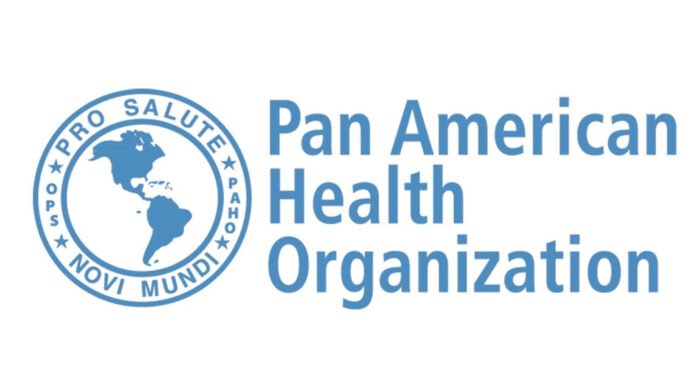Health Workforce Crisis in the Americas: A Call to Action
WASHINGTON (CMC) – A recent report from the Pan American Health Organization (PAHO) has raised alarm bells across the Americas, revealing that 14 out of 39 countries, including many in the Caribbean, are grappling with a severe shortage of healthcare professionals. This situation poses a significant threat to the health needs of millions.
Dr. Jarbas Barbosa, PAHO Director, emphasized the gravity of the issue, stating, “The health workforce is the backbone of our health care systems; without health care workers, it is simply not possible to speak of universal access or universal coverage.” His words resonate deeply, especially in regions where healthcare access is already a challenge.
The Numbers Tell a Story
The report, titled “Health Workforce in the Americas: Regional Data and Indicators,” paints a stark picture. By 2030, the Americas could face a deficit of between 600,000 and two million health workers if immediate action isn’t taken. While the region averages 66.57 health workers per 10,000 people—exceeding the World Health Organization’s benchmark of 44.5—this figure masks significant disparities. For instance, Haiti struggles with just 6.38 health workers per 10,000, while Cuba and the United States boast nearly four times the target number.
Unequal Distribution and Gender Dynamics
The report dives deeper into the composition of the workforce, highlighting that nursing is predominantly female, with 89.78% of nurses being women. However, the density of nurses varies dramatically, from 131.5 per 10,000 in the United States to a mere 3.84 in Haiti. This disparity raises questions about the availability of care for vulnerable populations.
Interestingly, while the regional average for physicians shows a slight male majority (51.3%), one-third of countries report more women physicians than men. This shift reflects a broader trend of feminization in the medical profession, which is encouraging but also highlights the need for equitable opportunities across genders.
Mental Health and Community Care Gaps
Mental health care is another area where data is lacking. Only 14 countries provided information on psychologists, with Argentina and Costa Rica leading the way. Yet, the scarcity of data on community health workers—who play a crucial role in primary health care—remains a significant concern. Outside Brazil and a few Caribbean nations, information on these essential workers is hard to come by.
The Road Ahead
PAHO’s report underscores the urgent need for strategic investments in training, regulation, and working conditions for health workers. Dr. Barbosa stresses, “The challenge is not just to have more health professionals, but to ensure that they are where they are most needed and that they have the right skills to meet the demands of the population.”
As communities across the Caribbean and beyond grapple with these challenges, the question remains: how can we ensure that every person has access to the healthcare they deserve? The time for action is now, and the future of health in the Americas depends on it.

